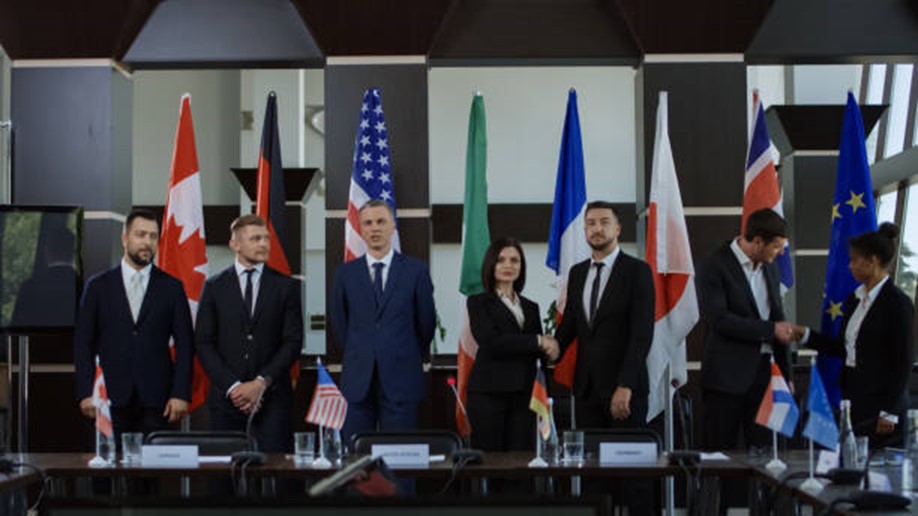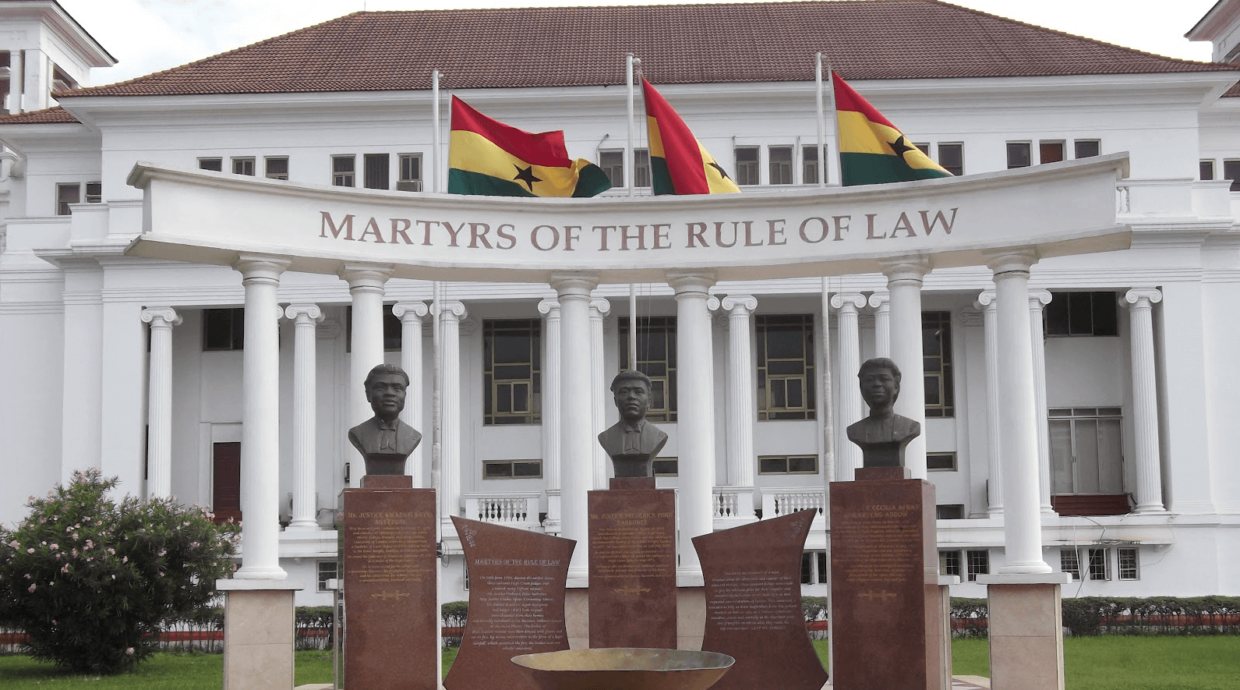Contextual Overview The 1992 Constitution of Ghana establishes a framework for governance rooted in the separation of powers. Article 88(1) designates the Attorney General as the legal advisor to the government and the office responsible for public prosecutions. Additionally, the Attorney General serves as the Minister of Justice, tasked with overseeing the administration of justice.
Traditionally, dispute resolution in international law relied on methods like negotiation, inquiry, conciliation, mediation, arbitration, and judicial settlement. The Permanent Court of International Justice (PCIJ) and the International Court of Justice (ICJ) have adjudicated numerous cases involving maritime issues, contributing to the development of international legal norms. Landmark cases include the Alabama Arbitration (1872), the
Ghana, a nation renowned for its stability and rich cultural heritage, is governed by a robust legal system grounded in its Constitution, statutory laws, and traditional customs. For individuals and businesses engaging with Ghana’s legal framework, understanding its core elements is essential. The Ghanaian Constitution: A Cornerstone of Governance At the heart of Ghana’s legal



